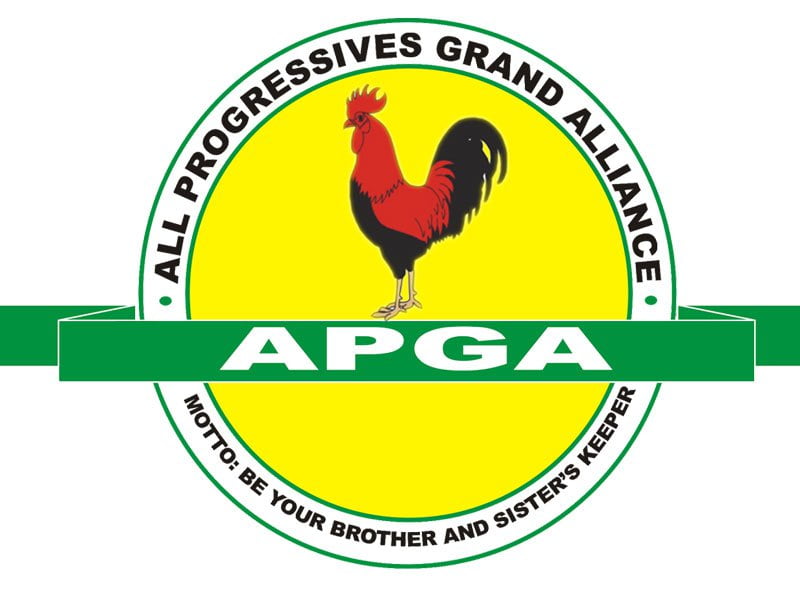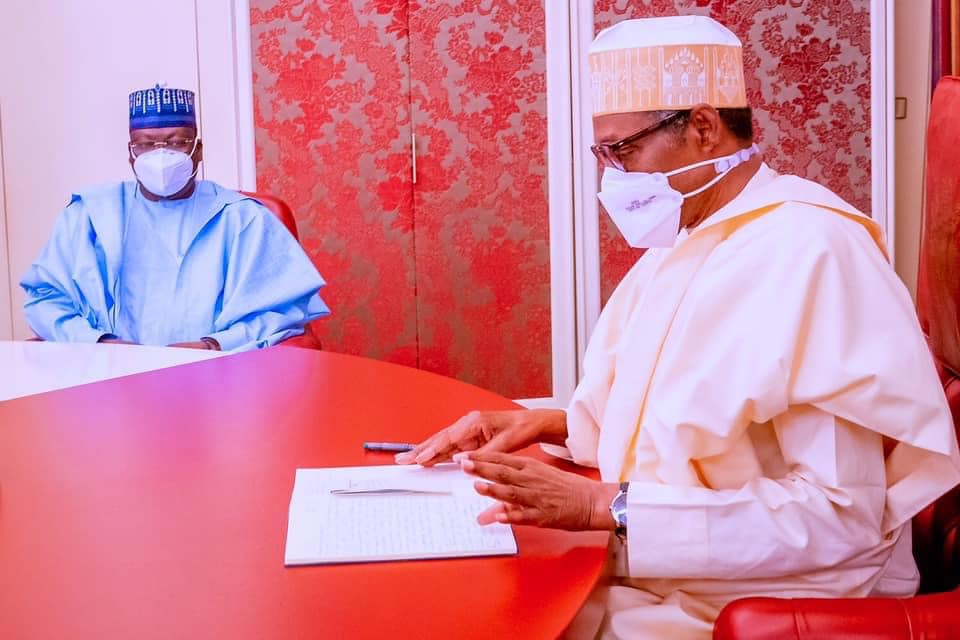The Federal Ministry of Education, the Foreign, Commonwealth and Development Office of the United Kingdom and the United Nations Children’s Fund have partnered to sponsor the education of 1.5 million girls in northern Nigeria.
This three parties implemented the Girls’ Education Programme Phase 3 across Katsina, Kano, Niger, Sokoto, Zamfara and Bauchi States between 2012 and 2022, in response to the low levels of participation of girls in schooling.
At the national closing ceremony of GEP3 held in Abuja on Thursday, the partners reported that the programme’s investment of $109 million yielded positive results in enrolling an additional 1.5 million girls into school.
The attendance rate of girls in primary schools in the six states improved from 43% to 70%, while gender parity improved from 0.73 to 0.97, a statement by UNICEF on Wednesday revealed.
Speaking on the project, the Minister of Education, Adamu Adamu, said, “In our commitment to drastically reduce the number of out-of-school children, Nigeria appreciates the scaling of evidence-based solution in tackling this menace as provided through the GEP3.
“As we continue on this path, we would leverage on the success of GEP3 to plan better, budget better, and make better decisions in putting more girl-child in school.”
UNICEF Representative in Nigeria, Cristian Munduate, said, “GEP3 has not only been successful in getting more girls into formal and non-formal schools, but it has also improved learning outcomes.
“GEP3 has raised the profile of educated girls, created new positive social norms in many communities and enabled a transformational shift in mindsets about the importance of girls’ education. It is critical that we advocate scaling of the approach in all states.
“I express the deep appreciation of UNICEF to the UK Government for this long-term commitment and funding for girls’ access to primary school in northern Nigeria.
“Together there remains much work to be done, to ensure that girls transition to, and complete secondary education. This is important not only for the economic prosperity and wellbeing of the girl and her family, but to stem the high population growth expected in Nigeria.
“We see FCDO and the government of Nigeria as steadfast partners in this complex endeavour.”




